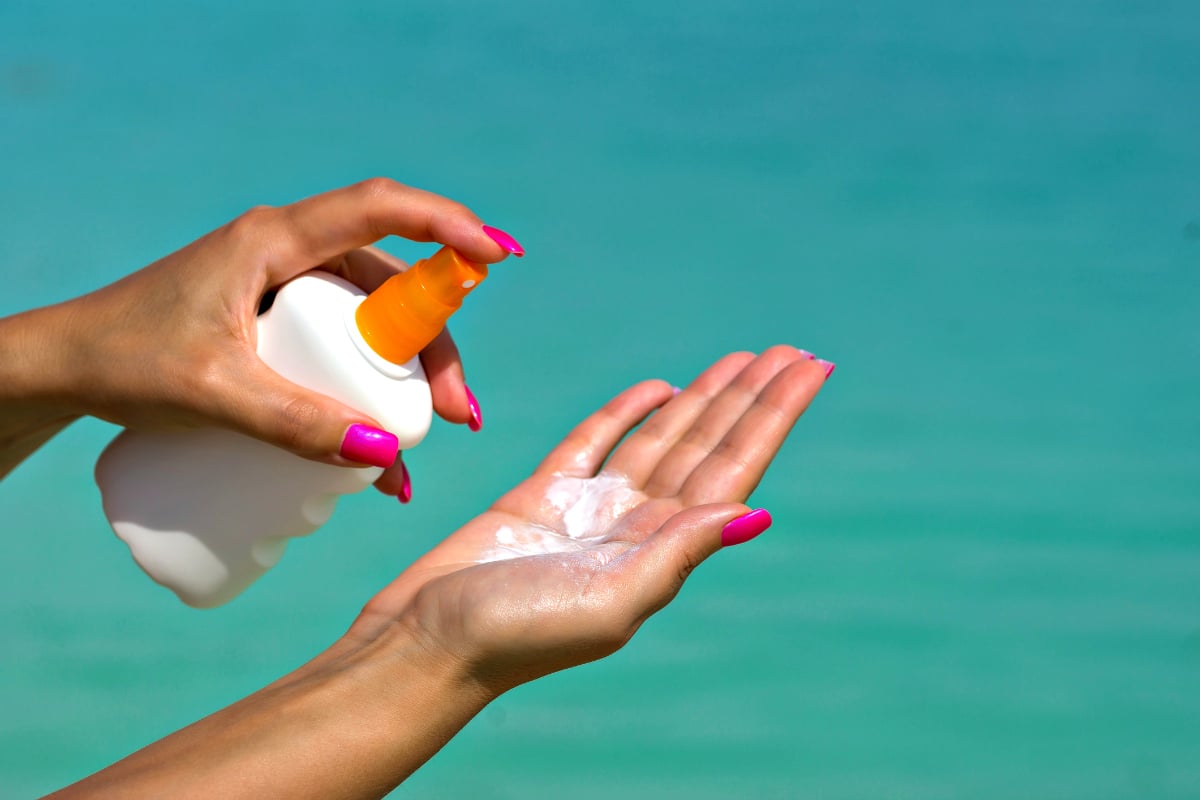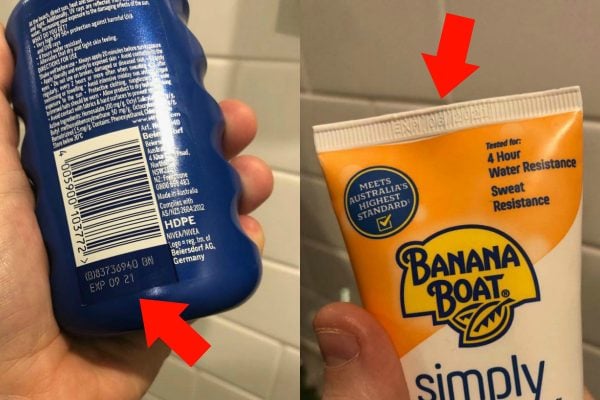

I’m about to tell you something you’ve definitely heard before. Yeah, yeah, it’s about wearing sunscreen in winter.
Just because you’re not spending your days lying on the beach or covered in sweat (oh, was that just me?), doesn’t mean the sun isn’t damaging your skin and increasing your skin cancer risk.
The message is clear: make putting on sunscreen part of your morning routine. Choose a broad-spectrum sunscreen that’s SPF 30 or higher and apply to your face and all areas of your skin not covered by clothing. Why though?
In Queensland, the UVR Index is above three for the majority of the day all year round (even winter), meaning you’ll need to use a combination of sun protection behaviours, including sunscreen, whenever you’re heading outside. Rant over.
We’ve all heard it time and time again. Just like we’ve all had the ‘slip, slop, slap, seek, slide’ sun-safe behaviours song stuck in our heads since primary school.
(Quick recap if you missed it: slip on protective clothing, slop on sunscreen and slap on a wide-brimmed hat, seek shade and slide on some sunnies). But what if the sunscreen you’re planning on slopping on has expired?



